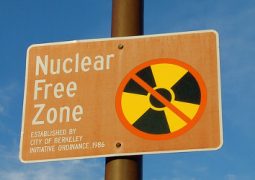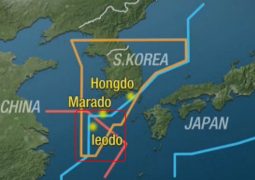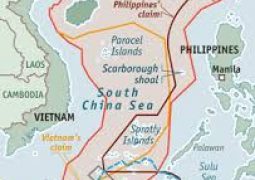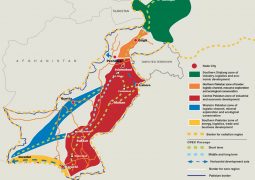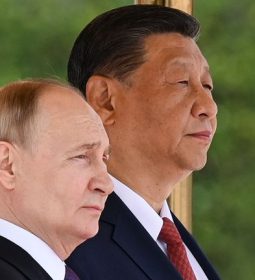U.S. Starts Deploying Thaad Antimissile System in South Korea, After North’s Tests
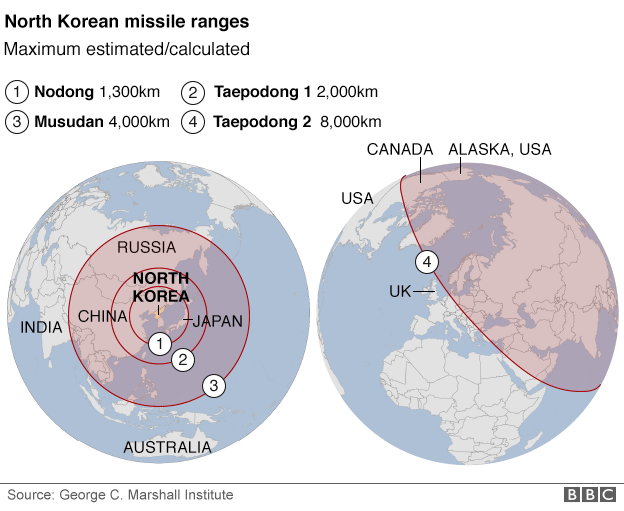
Gerry Mullany
HONG KONG — Increasingly concerned about the threats from North Korea’s provocative behavior, the United States said Tuesday it had started to deploy an antimissile system in South Korea that China has angrily opposed as a threat to its security.
The deployment of the Terminal High Altitude Area Defense System, or Thaad, came after North Korea launched four ballistic missiles on Monday apparently in response to joint naval exercises by South Korea and the United States. Those launchings led South Korea to call for the accelerated deployment of Thaad.
“Continued provocative actions by North Korea, to include yesterday’s launch of multiple missiles, only confirm the prudence of our alliance decision last year to deploy Thaad to South Korea,” Adm. Harry B. Harris Jr., the United States Pacific commander, said in a statement. “We will resolutely honor our alliance commitments to South Korea and stand ready to defend ourselves, the American homeland and our allies.”
China has been particularly incensed over the deployment of the system, which it regards as an intrusion that could compromise its military capabilities.
Recently, Chinese media urged people to boycott South Korean products and companies. Other commentators have advocated additional stern measures, including severing diplomatic relations.
A retired general, Luo Yuan, even suggested that China destroy the system with a military strike. “We could conduct a surgical hard-kill operation that would destroy the target,” General Luo wrote in The Global Times, a state-run newspaper.
South Korea is in turmoil over the impeachment of president Park Geun-hye, who supported deploying Thaad. But with the president facing possible removal, the system’s fate had been in doubt, and its early deployment could make it harder for her successor to head off its installation.
Last year, thousands of people in Seongju, a rural southern county, protested after learning that a Thaad battery would be put there. They said they feared that the system would harm their agricultural livelihoods.
Many South Koreans also worry that any expansion of military ties with the United States could worsen tensions with both the North and China.
Under its deal with Washington, South Korea will provide land and build the base, but the United States will pay for the missile system, to be built by Lockheed Martin, as well as its operational costs.
The United States’ statement said “the first elements” of Thaad were deployed Monday, the same day as the North’s launchings.
“We will resolutely honor our alliance commitments to South Korea and stand ready to defend ourselves, the American homeland, and our allies,” Admiral Harris said.
- Previous The Politics Behind ‘Russia-gate’
- Next Kenyan Tea, a Reliable Export, Brews a Market at Home



